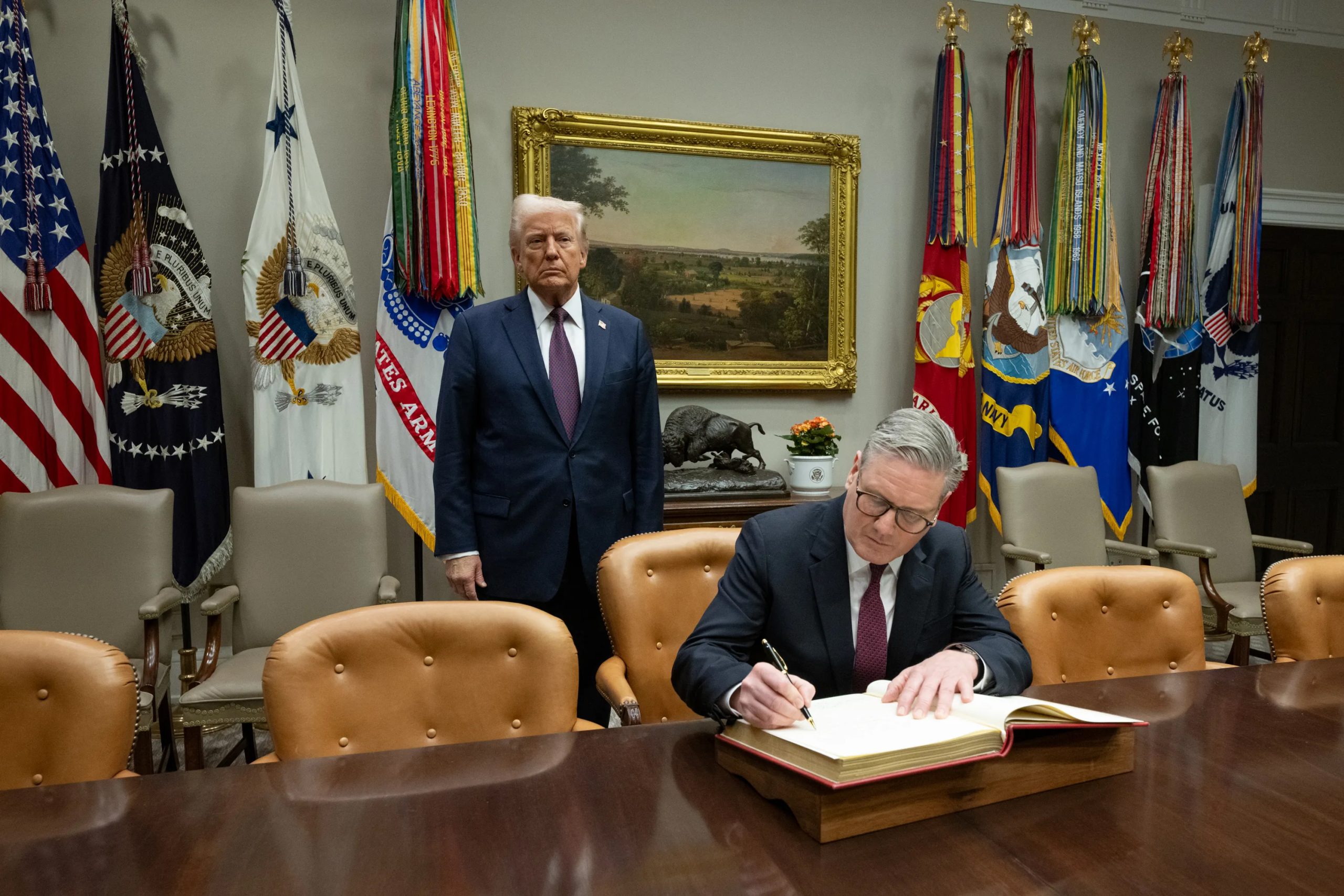Freedom of expression is stifled in Africa’s youngest nation, says Peter Martell
Eritreans used to joke that while most outside the small Horn of Africa nation struggled to find it on map, it was easy enough find it on the list of global press freedom rankings — the bottom. It was not a particularly funny joke, but then, as Eritreans would point out, there wasn’t often much to laugh about. The hopes that heralded Eritrea’s independence from neighbouring Ethiopia in 1991 after a 30-year liberation struggle have long since faded.
In January, the International Federation of Journalists (IFJ) and the Federation of African Journalists (FAJ) ranked Eritrea alongside Somalia as the “most hostile spots for journalists in the continent”.
It’s a grim position to share: in Somalia, journalists have been shot, blown up, wounded or kidnapped in the ongoing civil war there. The dangers in Eritrea, however, are of a very different nature. An increasingly paranoid government shut all independent media in September 2001 in a repressive crackdown against those it said were working against the interests of the nation.
Two subsequent waves of arrests in November 2006 and February 2009 took the total jailed to 30 journalists and two media workers – making Eritrea the largest jailer of journalists in Africa. All are held without trial: at least four of those are believed to have died in brutal conditions. Many are reportedly held in punishment camps, locked in shipping containers in the baking hot deserts of the lowlands.
Eritrea’s un-elected leadership, who grew up as guerrilla fighters in the war of independence against Ethiopia, tolerate no criticism. They simply dismiss such reports out of hand.
In 2007, I was based in the Eritrean capital Asmara, making up exactly half of the independent media in a county about size of England. The Paris-based Reporters Without Borders (RSF) had just issued its global rankings of press freedom. For the first time, it dropped Eritrea below the long time “worst of the worst” North Korea. It provoked fury in the government.
“I don’t expect anything better from that intelligence organisation,” the Minister for Information Ali Abdu told me in a angry telephone conversation that ended with a sharp cutting of the line. But journalists are far from being the only ones affected. Estimates of the number of political prisoners vary between 10,000 and 30,000, according to Professor Kjetil Tronvoll of the University of Oslo in a recent report – “The Lasting struggle for freedom in Eritrea”.
A fearsome network of secret police informers maintain a tight control — telephones are tapped, suspects are watched closely, and arrests are common.
One thing dominates life — the tense border standoff with Ethiopia. The neighbours returned to war in 1998, a two-year brutal conflict in which 100,000 died. They remain in an uneasy standoff along their 620-mile desert border.
Economic life has stagnated, private enterprise has been choked and the youth are caught up in a giant programme of national service, making Eritrea one of the most militarised nations in the world. Conscription stretches for decades and recruits are paid cripplingly low wages. Young call the tightly restricted country a “giant prison”. Even the university is closed, replaced with colleges run on military lines — neatly ending a site of potential opposition.
Those who can, get out: thousands of Eritreans have fled across the dangerous border into Ethiopia or Sudan. Eritrean citizens are one of the largest nationalities seeking asylum in the UK in recent years, a trend mirrored in several other nations across Europe. Of those remaining, few are hopeful of change anytime soon.
Peter Martell was the BBC and Agence France-Presse (AFP) correspondent in Eritrea from 2006 to 2008. His left after the government stripped him of his work permit for refusing to name a source.




